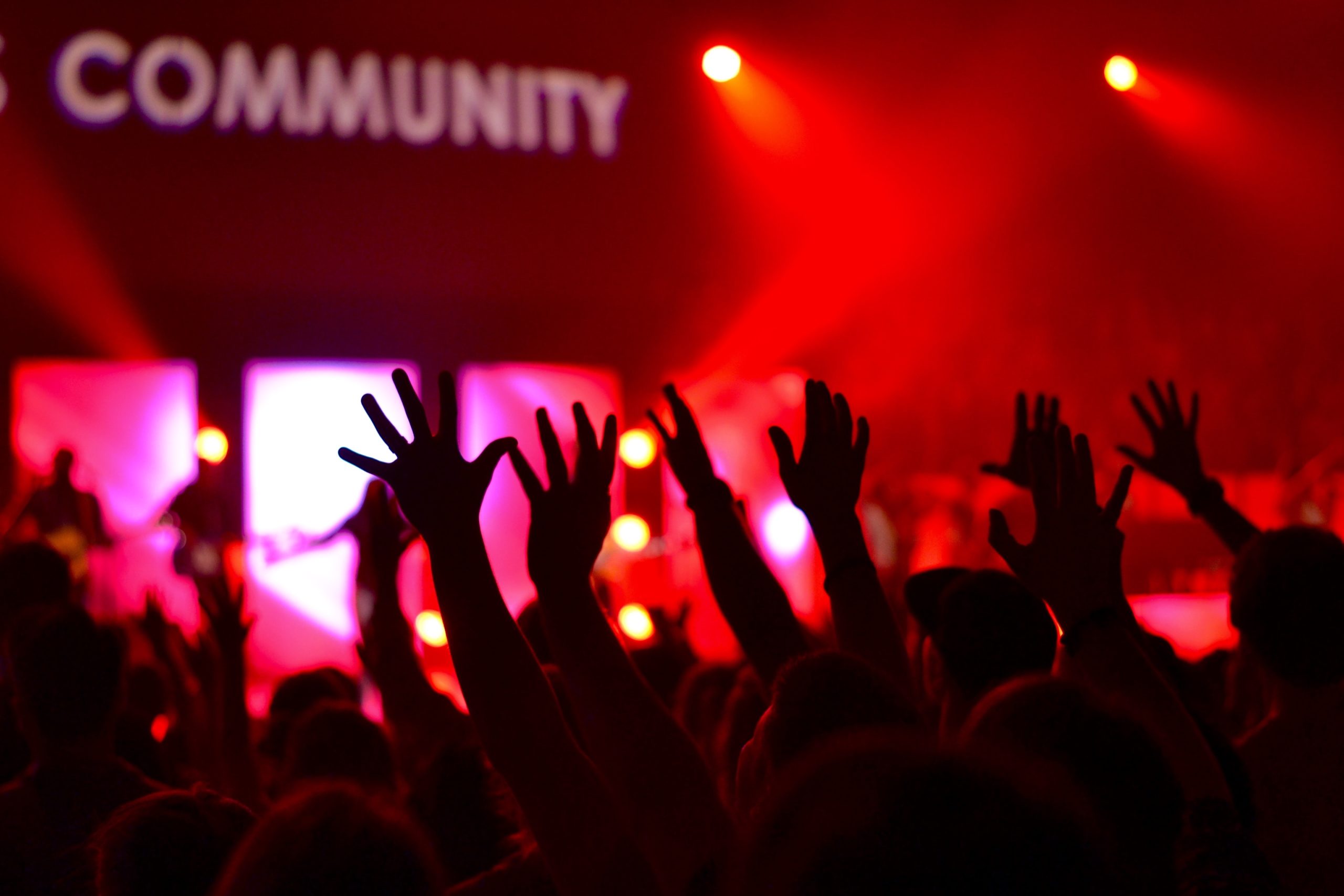Sivanandan was an organiser. He did not, as many thinkers do, spend time on purifying a particular left interpretation of a political line, nor was he a party man. What he was concerned about was the way that people organised en masse and also how the progressive extra-parliamentary Left fought for the marginalised and the oppressed. He was critical of tendencies in a predominantly white Left to subsume black struggle to class struggle and the fight against racism to the fight against fascism. As a believer in having ‘the authority over your own experience’, he criticised the way some left parties tried to harness community campaigns or issues to their cause, rather than allowing groups autonomy.
His alternative organising vision was building from below: turning the cases being taken up by community groups into issues, issues into causes, and causes into a movement. But he knew that a single-issue movement was not of itself powerful enough. He urged groups to build alliances, become aware of others’ oppressions so as to build Communities of Resistance. Simultaneously he was at pains to get the Left to understand that the demise of industrial capitalism and the technological revolution meant a rethinking of traditional forms of organising, whilst upholding the best of leftist values, traditions and principles.

